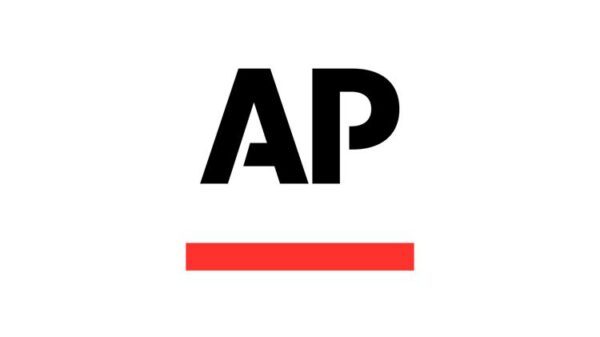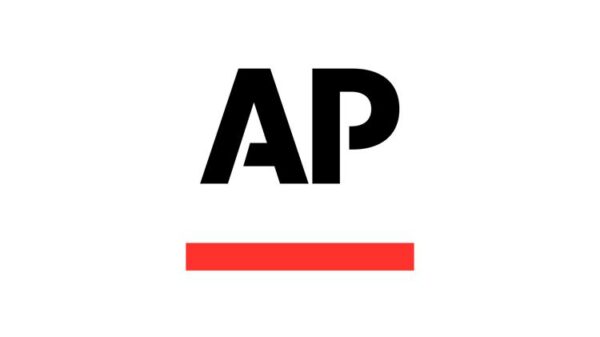The Federal Communications Commission (FCC) is set to revise its broadband standards, abandoning the previous administration’s goals for universal deployment and gigabit-speed service. This change, proposed by FCC Chairman Brendan Carr, aims to simplify the process for evaluating the broadband industry’s progress in an upcoming annual report. The vote on this proposal is scheduled for August 7, 2024.
According to Carr, the focus will shift away from assessing whether broadband has been deployed to evaluating whether it is being deployed at all. This move comes as the FCC discards the previous target of achieving 100 percent broadband availability, which had been a hallmark of the Biden administration’s efforts. Carr’s proposal states that the commission would no longer consider broadband affordability as part of its evaluation, a shift that has drawn criticism from various stakeholders.
Changes to Broadband Standards and Metrics
Carr’s proposal seeks to realign the FCC’s approach with the specific language of Section 706 of the Telecommunications Act. This section mandates that the FCC must determine whether broadband is being deployed in a “reasonable and timely” manner. If not, the commission is required to take action to accelerate deployment by promoting competition and reducing barriers to investment. Historically, Democratic-led FCCs have found the industry lacking in providing universal access, while Republican-led commissions have reached the opposite conclusion.
One significant aspect of Carr’s proposal is the abandonment of the long-term gigabit speed goal established by former Chairwoman Jessica Rosenworcel. Under her leadership, the FCC aimed for download speeds of 1 Gbps and upload speeds of 500 Mbps. Carr argues that maintaining such a goal could skew the market and that it is not stipulated in the statutory text of Section 706.
The previous FCC also attempted to analyze broadband pricing to understand the affordability of services, but Carr’s proposal indicates a move away from that approach. The 2024 report had for the first time incorporated various universal service metrics, including affordability and equitable access. Carr’s proposal suggests that these terms are extraneous and not mentioned in the statute.
Implications for Future Broadband Deployment
While Carr’s plan will retain the 100 Mbps download and 20 Mbps upload standard for measuring broadband availability, it raises questions about the future of high-speed internet access in the United States. The FCC will seek comments on this standard, indicating that further adjustments may be considered.
Carr’s proposal also reflects a broader agenda to eliminate regulations he considers unnecessary. His initiative, dubbed “Delete, Delete, Delete,” is aimed at removing barriers to broadband investment and competition. The FCC is soliciting public comments on existing regulations that may hinder deployment efforts.
The implications of these changes could significantly affect how broadband services are evaluated in the future. Critics argue that removing affordability metrics may lead to a lack of accountability for service providers, particularly in underserved areas. As the FCC prepares for its upcoming vote, the telecommunications industry and consumers alike will be closely watching how these adjustments impact the landscape of internet access across the nation.





































































